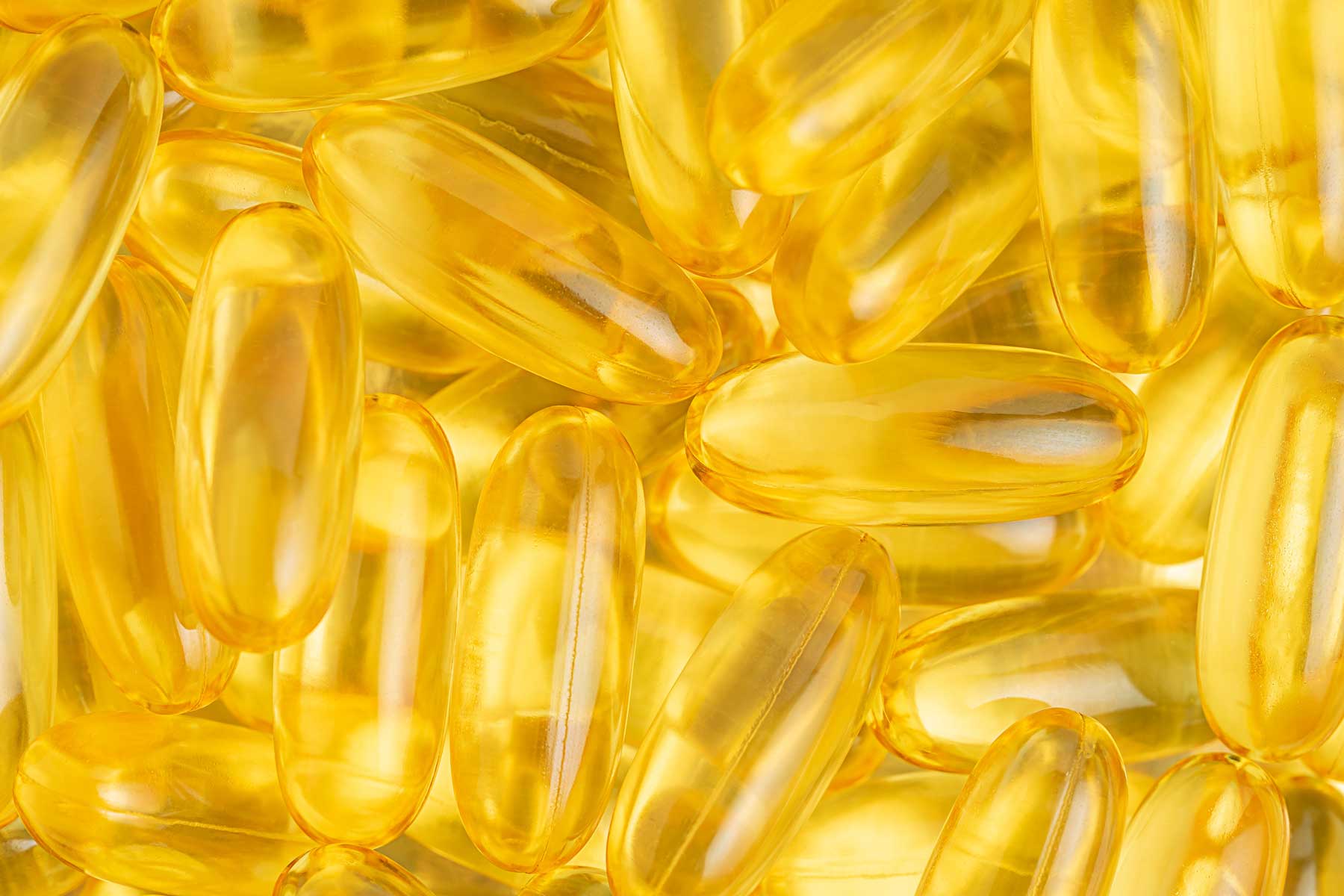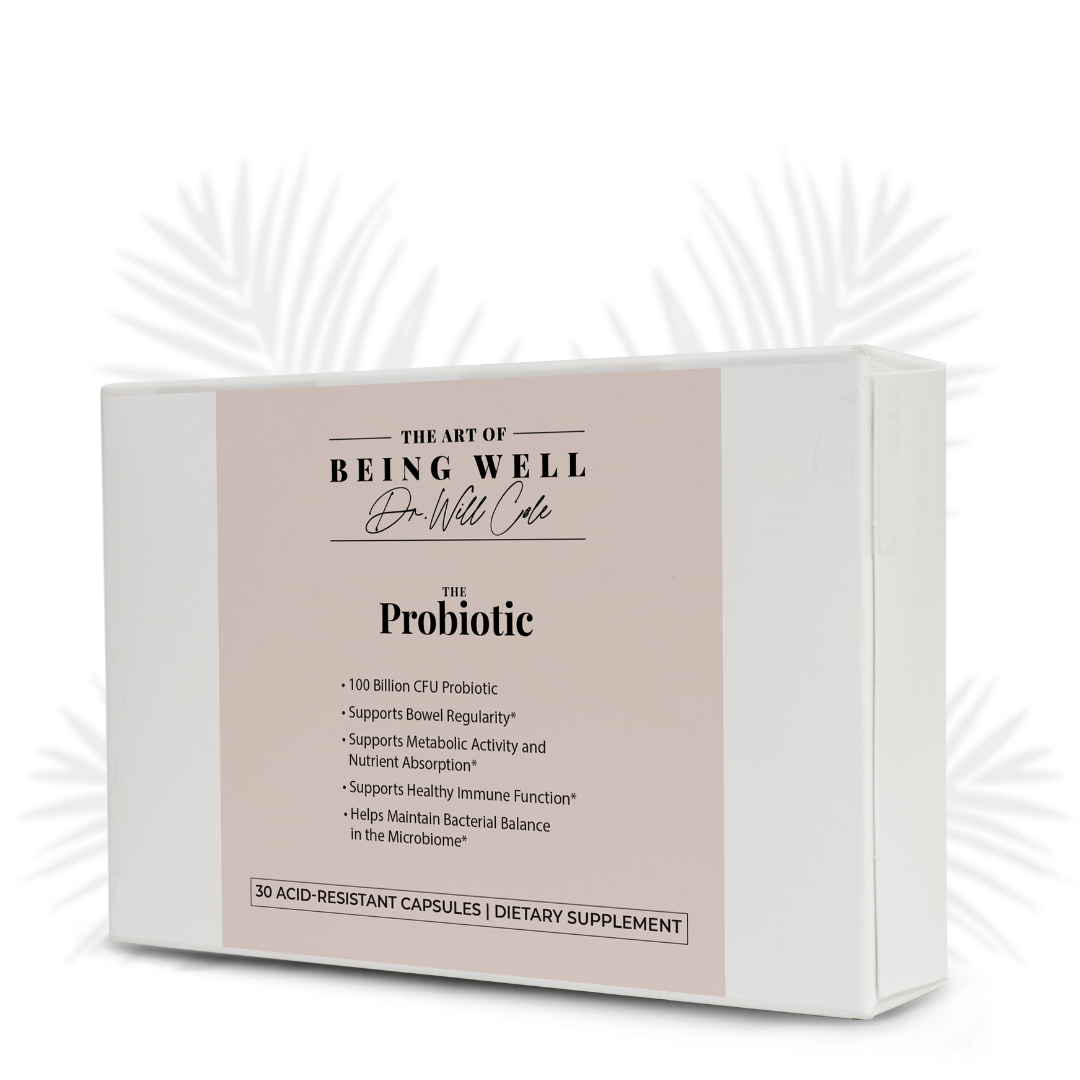The Top Supplements For Fatty Liver Disease + Natural Strategies To Heal

Your diet and lifestyle are essential to treating and preventing fatty liver disease, but supplements for fatty liver can help you meet nutritional needs as you make those changes.
As a functional medicine expert, it’s my job to help you find natural solutions for healing. This guide is about what works and what doesn’t in the supplement world, focusing on liver health.
Understanding Fatty Liver Disease
Fatty liver disease, or steatosis, is a condition characterized by fat accumulation in the liver. There are two main types.
Alcohol-related liver disease (ALD) is caused by excessive alcohol consumption. Metabolic dysfunction-associated steatotic liver disease (MASLD), formerly known as non-alcoholic fatty liver disease (NAFLD), can have a few causes.
MASLD affects over 30% of people worldwide (1). That includes about a quarter of all Americans. It can range from simple fatty liver to more advanced metabolic dysfunction-associated steatohepatitis (MASH), formerly known as nonalcoholic steatohepatitis (NASH).
If left untreated, MASH can progress to liver inflammation and conditions like cirrhosis, liver failure, or liver cancer.
Fatty liver disease doesn’t always cause symptoms in its early stages. That’s why screenings like liver function tests, lipid profiles, and blood tests are so important if you’re high-risk.
As the disease progresses, it can cause the following symptoms:
- Fatigue
- Abdominal pain or discomfort
- Abdominal swelling
- Swelling in the legs, ankles, or feet
- Unexplained weight loss
- Nausea or loss of appetite
- Yellowing of the skin or eyes (jaundice)
- Spider angiomas (small, spider-like blood vessels)
- Itchy skin
Risk factors include obesity, insulin resistance and type 2 diabetes, high levels of triglycerides or LDL cholesterol, toxin exposure, and high blood pressure. The prevalence of fatty liver in women may be higher with hormonal conditions like polycystic ovary syndrome (PCOS). (2)
The Gut-Liver Connection
The gut-liver axis describes the reciprocal relationship between your gut and your liver. (3) Everything you consume or are exposed to travels from the gut to the liver through the portal vein.
A healthy gut supports healthy liver function. An unhealthy gut can overburden the liver, increase your risk of intestinal permeability, and allow a buildup of harmful substances. This can cause a variety of metabolic and digestive problems and increase your risk of fatty liver disease.
Gut health is essential to overall liver health, and supplements can address wellness or nutritional gaps as you work to address the root cause of your symptoms.
The Best Supplements For Fatty Liver
Diet and lifestyle are where I start with new patients at risk for chronic liver disease, but high-quality dietary supplements can be a good tool in supporting overall liver function.
Milk Thistle
Milk thistle seeds are a natural source of silymarin, an antioxidant with liver-protective properties. (4) Studies show the herbal remedy may support liver health by restoring damaged liver cells, boosting detoxification, and reducing liver inflammation.
More research is needed to understand how milk thistle for liver support works, but research suggests it has a positive effect on free radicals that can lead to long-term liver damage. (5) Milk thistle side effects are rare, but the herbal remedy may interact with some medications.
Protect, my favorite detox supplement, is a proprietary blend of ingredients, including milk thistle, N-acetyl-cysteine, and turmeric, to support your body’s ability to detox naturally.
Glutathione
Can glutathione help with fatty liver? Studies show that glutathione may reduce cell damage in the liver and reverse chronic liver conditions. (6)
Glutathione is a naturally occurring antioxidant of amino acids like glutamine, glycine, and cysteine. Stress, age, and poor nutrition can limit how much is produced. Supplements can help boost glutathione, but most current studies focus on intravenous delivery vs. the oral kind. (7)
Omega-3s
Omega-3 fatty acids may help reduce the accumulation of fat in the liver, fight back against inflammation, and improve cholesterol. (8)
You’ll find these healthy fats in oily fish, seeds, nuts, and fish oil supplements. The best fish oil for fatty liver includes a combo of eicosapentaenoic acid (EPA) and docosahexaenoic acid (DHA).
N-acetyl-cysteine (NAC)
NAC is a potent antioxidant that shows promise in protecting the liver from oxidative damage. Studies show it may support a healthier gut microbiome in patients with fatty liver disease and other liver conditions. (9)
Coenzyme Q10 (CoQ10)
Patients with fatty liver disease tend to have lower levels of CoQ10, an antioxidant important to energy production at the cell level. Researchers aren’t sure why this is the case, but it may be related to your body’s response to oxidative stress.
CoQ10 supplementation may improve liver inflammation levels and boost overall liver function, but more research is needed about optimal dosages. (10) Foods high in omega 3s, like fatty fish and nuts, are also generally good sources of CoQ10.
Turmeric
Studies show curcumin, the active compound in turmeric, may help reduce levels of alanine transaminase (ALT) and aspartate aminotransferase (AST) in the liver. (11) High levels of both are early biomarkers of liver damage.
Curcumin is also known for its anti-inflammatory and detoxifying properties. I like to add it to my soups and curries or enjoy it as a turmeric green tea, but a supplement may have even more targeted effects in patients with liver conditions.
For a targeted dose, The Curcumin is packed with pure turmeric extract to enhance the bioavailability of this powerful antioxidant.
Probiotics
Daily probiotics are one way to ensure a healthier gut microbiome, something you already know is essential to optimal liver function.
Studies show they may also have a regulating effect on hepatic steatosis or early fatty liver disease. (12) Regular probiotic therapy is linked to improved blood glucose, insulin, and blood lipid levels in MASLD patients.
Artichoke Extract
Artichoke extract may work like turmeric in reducing ALT and AST in the liver. (13) Studies show it also has a detoxifying effect on liver cells. (14) If you want to stick to vegetables, artichokes are rich in fiber and vitamin C and good for overall digestion, an important aspect of liver health.
Choline
Studies show choline may help prevent fat accumulation in the liver because of its role in fat metabolism. (15) A choline deficiency can lead to muscle and liver dysfunction and increase your risk of fatty liver disease.
If you’re not eating many natural sources of choline — such as animal products like dairy, eggs, and beef — choline supplements can help ensure you get enough of the essential nutrients. Alongside vitamin D and folic acid, choline is especially important during pregnancy.
A Note About Vitamin E
Vitamin E supplementation has shown some promise in treating fatty liver disease thanks to its anti-inflammatory effects on liver cells. However, the safety of long-term use hasn’t been established.
High doses of vitamin E may also affect insulin resistance, so most healthcare providers don’t recommend it for patients with diabetes. (16) Many of us get enough vitamin E from a balanced diet; a true vitamin E deficiency is rare.
Additional Strategies For Healing
Healing from fatty liver typically involves lifestyle modifications that address the condition's root cause. That includes taking a close look at your diet and environmental conditions that may be getting in the way of optimal liver health.
Limit Alcohol
Alcohol can contribute to liver fat even if you aren’t diagnosed with ALD, and even moderate drinking can speed up the progression of fatty liver disease. Cutting back on alcohol consumption can greatly reduce the burden on your liver.
Drink Coffee
Your regular coffee habit is something you can hang onto. Research shows that 2-3 cups of coffee per day may lower your risk of liver fibrosis thanks to its effects on anti-inflammatory enzymes in the body. (17)
Benefits can vary depending on your tolerance for caffeine and other health conditions. If you’re dealing with gut health issues or are on medications for heart- or mental health-related conditions, talk to your doctor before adding another cup in the morning.
Manage Blood Sugar Levels
Fatty liver disease often coexists with insulin resistance. When cells become resistant to insulin, the liver compensates by producing more glucose and storing more fat. You can improve your insulin sensitivity by avoiding foods that cause spikes in blood sugar.
That includes processed foods, high-carbohydrate foods, saturated fats, and anything with too much added sugar, especially high fructose corn syrup. Focus on clean, whole food sources of protein and healthy fats instead.
Maintain A Healthy Weight
In functional medicine, we understand that you have to get healthy to lose weight and not lose weight to get healthy, but weight gain can worsen outcomes in MASLD patients.
Start with a balanced diet. The Mediterranean diet is rich in healthy fats from foods like olive oil and fatty fish, which improve liver health. Then, find ways to get regular physical activity, even if it’s gentle yoga or daily walks – just make sure to also get plenty of rest.
If you’re having a tough time with your body weight despite lifestyle changes, there may be other issues at play. Talk to your doctor or functional medicine practitioner about hormonal or metabolic conditions that could be making it hard for you to lose weight.
Try Going Non-Toxic
Excessive toxin exposure can put additional, unnecessary stress on your liver. Take small steps to reduce toxin exposure by swapping out conventional cleaning, beauty, and self-care products for ones that are labeled non-toxic.
When Supplements Aren’t Enough
If you’re struggling with MASLD, I recommend working with a functional medicine practitioner to help you identify the underlying causes of your condition. Treatment may include a combo of dietary and lifestyle changes on top of supplements.
It’s about taking an individualized approach to your liver health. If you’re ready for a new approach, contact us for a consultation.
View More At Our Store
Purchase personally curated supplements
and Dr. Will Cole’s books!

The information on this website has not been evaluated by the Food & Drug Administration or any other medical body. We do not aim to diagnose, treat, cure or prevent any illness or disease. Information is shared for educational purposes only. You must consult your doctor before acting on any content on this website, especially if you are pregnant, nursing, taking medication, or have a medical condition.
Our content may include products that have been independently chosen and recommended by Dr. Will Cole and our editors. If you purchase something mentioned in this article, we may earn a small commission.

BY DR. WILL COLE
Dr. Will Cole, DNM, IFMCP, DC is a leading functional medicine expert who consults people around the globe, starting one of the first functional medicine telehealth centers in the world. Named one of the top 50 functional and integrative doctors in the nation, Dr. Will Cole provides a functional medicine approach for thyroid issues, autoimmune conditions, hormonal imbalances, digestive disorders, and brain problems. He is also the host of the popular The Art of Being Well podcast and the New York Times bestselling author of Intuitive Fasting, Ketotarian, Gut Feelings, and The Inflammation Spectrum.

Gut Feelings
Healing The Shame-Fueled Relationship
Between What You Eat And How You Feel



